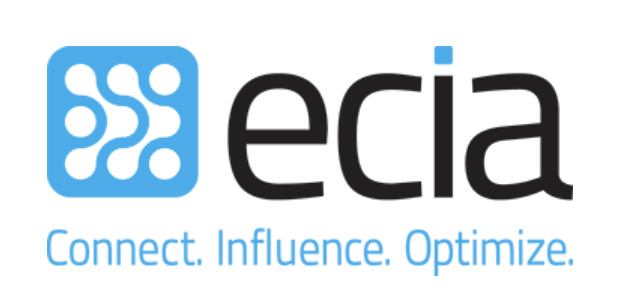
ECIA issues alert for EU REACH restriction on PFAS chemicals
EP&T Magazine
Production / Materials Regulations & Standards Supply ChainComment period ends September 25: component manufacturers urged to engage
ECIA’s Global Industry Practices Committee, (GIPC) in cooperation with other industry organizations is urging companies in the electronic component authorized channel to go to the ECHA website directly, submit expert comments and apply for exceptions, if required, to the coming REACH restrictions on PFAS in Europe. Germany, the Netherlands, Denmark, Norway, and Sweden have already drawn up a proposal to restrict PFASs in Europe. There are currently more than 10,000 substances and they can be found in many of the products made by electronic component manufacturers. A six-month consultation on the proposal started on 22 March 2023.

Members of the GIPC have been following this issue and are sounding the alarm. “The proposed EU REACH restrictions on per- and polyfluoroalkyl substances (PFAS) will significantly impact our industry. PFAS can be found in many applications such as wiring and cable insulation, capacitor dielectric film, plastics, printed circuit boards, lithium-ion batteries, gaskets, coatings, and lubricants,” explained GIPC subject matter expert Daniel Carey, who is Global Product Compliance Senior Manager at Farnell, an Avnet Company. “While the EU is accepting comments and exemption requests ahead of making a final ruling, the comment window is quite short and must include detailed technical information. Manufacturers need to quickly compile and submit the necessary technical information if they believe a PFAS exemption is required for their application.”
PFAS use in the electronics industry
REACH is a regulation of the European Union, adopted to improve the protection of human health and the environment from the risks that can be posed by chemicals.There is no doubt that protection of the health and safety of the public is of utmost importance and the industry is in full support of effective legislation to do so. However, according to industry experts from the GIPC, the industry needs time to find safe substitutes for these materials. PFAS use in the electronics industry has contributed to improving the capabilities, quality, and reliability of electronic components. These components enable the technology that is essential to modern life.
The current proposed timelines for restrictions do not provide sufficient time for alternate material development and qualification. For this reason, ECIA is urging companies to submit comments before the September deadline.
“Don’t sit back and let other companies do the heavy lifting on this,” added Don Elario, ECIA’s Vice President of Industry Practices.” If your competitor receives an exemption there is no guarantee it is going to apply to your products,” he cautioned. “There are thousands of these substances, and this is a restriction, not just a reporting requirement. For REACH, these are bans on whatever level is determined to be the threshold. Distributors will need this information from their suppliers to make it easily available for customers. If the product is not in compliance, it cannot be sold in the EU. Companies in the authorized electronic component channel must get engaged.”
